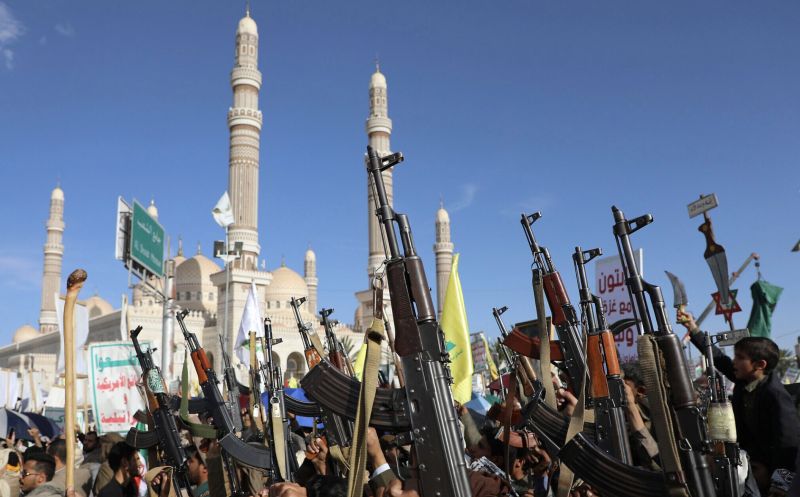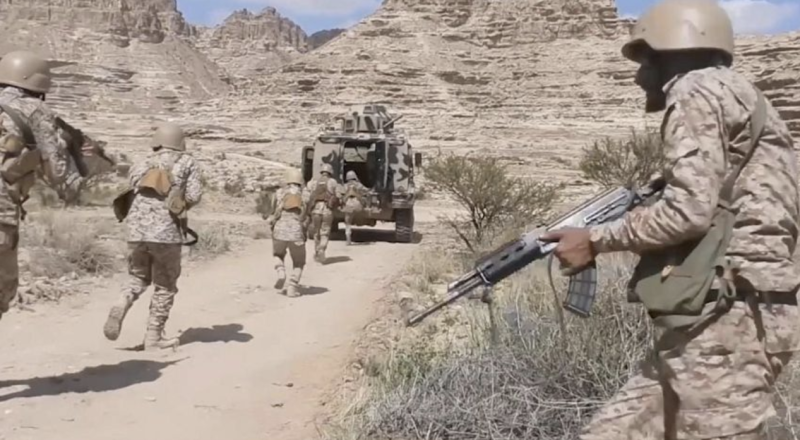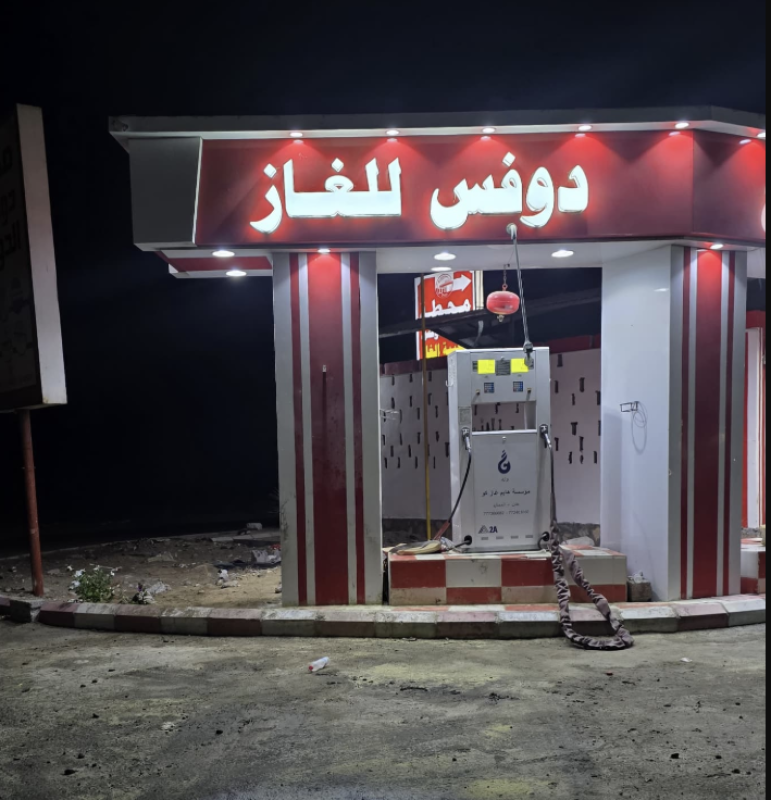Is Yemen’s Torment Finally Ending?


UN. Secretary General António Guterres on Thursday announced a cease-fire between Yemen’s warring parties in the vital Red Sea port city of Hodeida, offering a rare bit of good news about a conflict that has reduced the Middle East’s poorest country into the world’s worst humanitarian disaster.
But longtime observers questioned whether the deal struck in Rimbo, Sweden, marks a true turning point in a four-year-old conflict that has led to the deaths of tens of thousands of people, mostly civilians, and brought the country to the brink of famine. Many fear it will be another false start after more than four years of frustrated diplomatic efforts that have already seen two U.N. envoys resign in failure.
“This is obviously a positive step,” said Gerald Feierstein, a former U.S. ambassador to Yemen, saying it is too soon to know whether the parties have the political will to implement their agreements. “We should be a little cautious about breaking out the champagne bottle.”
“I can’t say for sure that this is a done deal,” he added. “It could go off the rails.”
The pact comes as Saudi Arabia, which is leading a U.S.-backed air war against a Shiite separatist group known as the Houthis, is facing increasing international and congressional pressure to pursue a peace deal.
On Thursday the United States Senate—fuming over Saudi Arabia’s murder of Washington Post contributing columnist Jamal Khashoggi—voted on a resolution calling for an end to U.S. military involvement in Yemen. The resolution, which is unlikely to pass in the House, is largely symbolic, given resistance among Republicans in the House and outright opposition in the White House. But it underscores the extent to which Saudi Arabia’s standing in Washington has diminished.
“The current relationship with Saudi Arabia is not working for America,” Sen. Lindsey Graham told reporters Wednesday. “I’m never going to let this go until things change in Saudi Arabia.”
Still, Yemen watchers like Feierstein suggested that Thursday’s U.N.-brokered agreement, which requires more concessions from the Houthis than from Riyadh, may owe less to the changing mood in Washington than to a monthslong Saudi-led military offensive against the Houthis in Hodeida.
Feierstein noted that Saudi Arabia and its most important military ally, the United Arab Emirates, settled on a “two-prong strategy” in the summer in an effort to maximize military pressure on the Houthis to force them to compromise during peace talks. “Maybe that strategy has paid off,” he said.
Under the terms of the arrangement, the Houthis have agreed to withdraw their troops from the city of Hodeida and the ports of Hodeida, Salif, and Ras Isa. The United Nations will chair a “redeployment coordination committee” to monitor the cease-fire and oversee the redeployment of those fighters to the outskirts of the city. The parties also agreed to establish a joint committee, under the auspices of the United Nations, to reduce tensions in the city of Taiz, channel port earnings into the central bank, and implement a prisoner exchange deal.
Relief organizations reacted with cautious hope to the cease-fire announcement.
“If the parties abide by what they agreed to, this would be huge,” said Joel Charny, the U.S. director of the Norwegian Refugee Committee, which runs relief operations in Yemen. “But so many times we have seen agreements like this fall apart on the ground because the parties can’t deliver.”
Yemen is enduring one of the worst humanitarian crisis in the world, with 20 million people—more than two-thirds of the country’s population—in need of international assistance, and some 10 million not knowing where they will secure their next meal, according to the United Nations.
The port at Hodeida is Yemen’s most vital trade hub, accounting for more than 80 percent of all imports of food, fuel, and other industrial goods that enter the country.
Thursday’s pact marked an important diplomatic achievement for the United Nations, whose special envoy Martin Griffiths mediated the talks.
Guterres, who traveled to Sweden to witness the final pact, welcomed the deal and pledged his support in seeing it implemented. The U.N. chief congratulated the Yemeni parties for making “real progress” but cautioned there are “pending issues” that need resolving. A new round of talks is planned for late January of next year.
“The U.N. will play a leading role in the port,” said Guterres, who attended the final day of the weeklong talks between representatives of the Saudi-backed Yemeni government and the Houthi separatists. “This will facilitate the humanitarian access and the flow of goods.”
The Yemen war began in March 2015, when Saudi Arabia led a military coalition in an attempt to put down an insurgency by ethnic Houthis, who seized power months earlier in the capital city of Sanaa. The United States, a key ally to Saudi Arabia, has provided refueling and targeting advice to the Saudi air force.
The conflict has sharply divided Washington, with congressional leaders from both parties questioning the virtues of supporting a Saudi-led war that has inflicted massive suffering on the Yemeni people, and President Trump and his national security advisors underscoring the need to back a critical ally at a time of crisis.
The rift has only deepened following the Saudi execution of Khashoggi in the the Saudi consulate in Istanbul.
The crisis has increased congressional pressure on Saudi Arabia and its allies to strike a deal with the Houthis. But Yemen experts say there is relatively little domestic pressure on the warring parties to put down their guns and and hold off their fighter jets.
“War is easier than peace for the parties,” said Gregory Johnsen, an American scholar of Yemen who recently served as a member of a U.N. panel monitoring sanctions violations in Yemen. As the Saudis have fought mostly from the skies, there are no “body bags” being returned to Riyadh, and the Houthis feel they are fighting an “existential war” that they can win if they just wait out the Saudis.
“The Houthi leadership is largely insulated from the shortages of food and medicines in this war,” said Johnsen. “Houthi leaders aren’t being targeted and killed. It’s Yemen’s civilians who are paying the price.”
AFP.

Sana'a –A newly released report by the United Nations Panel of Experts on Yemen has revealed that the Houthi movement has strategically explo…

Al-Jawf – Yemeni government forces successfully repelled a Houthi attack on military positions in the eastern front of Al-Jawf Governorate la…

Abyan, Yemen – A fire broke out at the Dofes Commercial Complex, located along the strategic Abyan–Aden highway, following a gas explos…